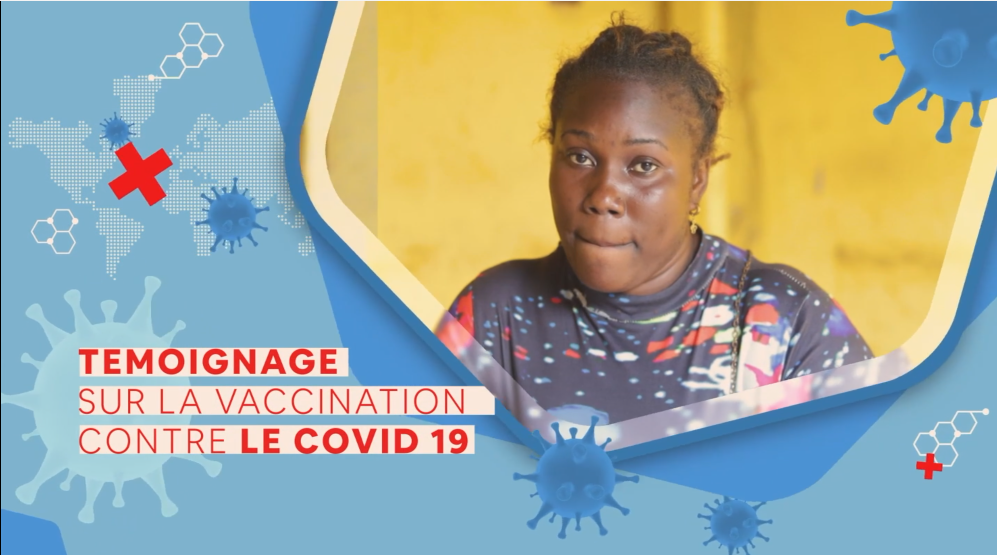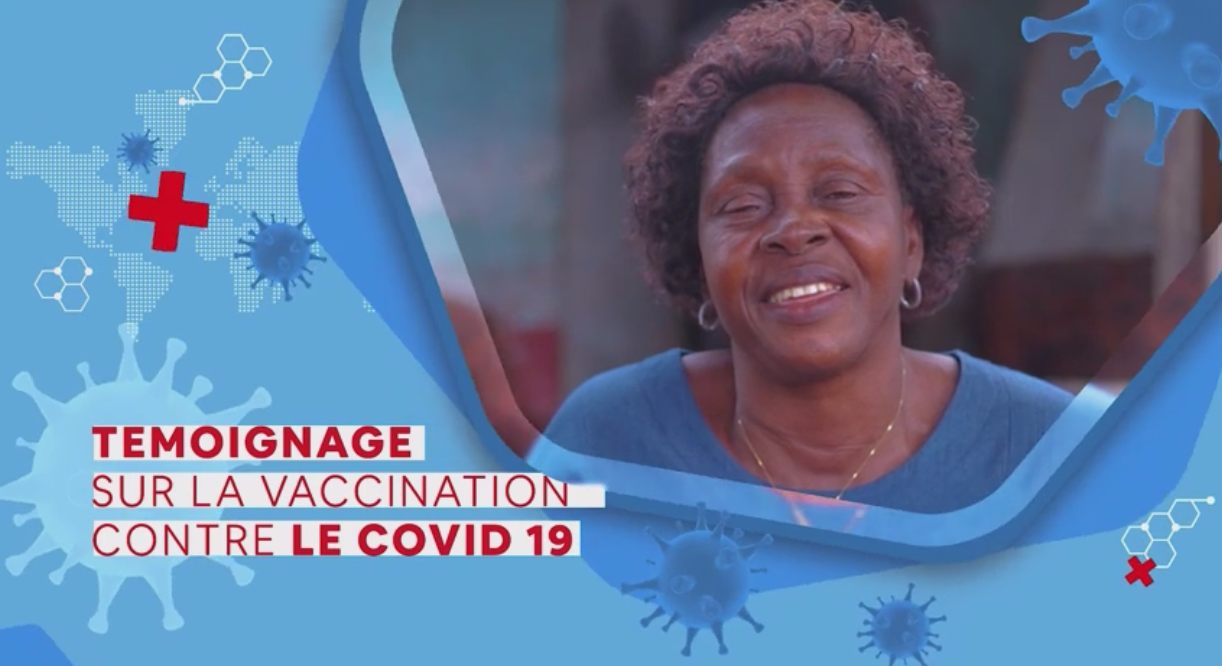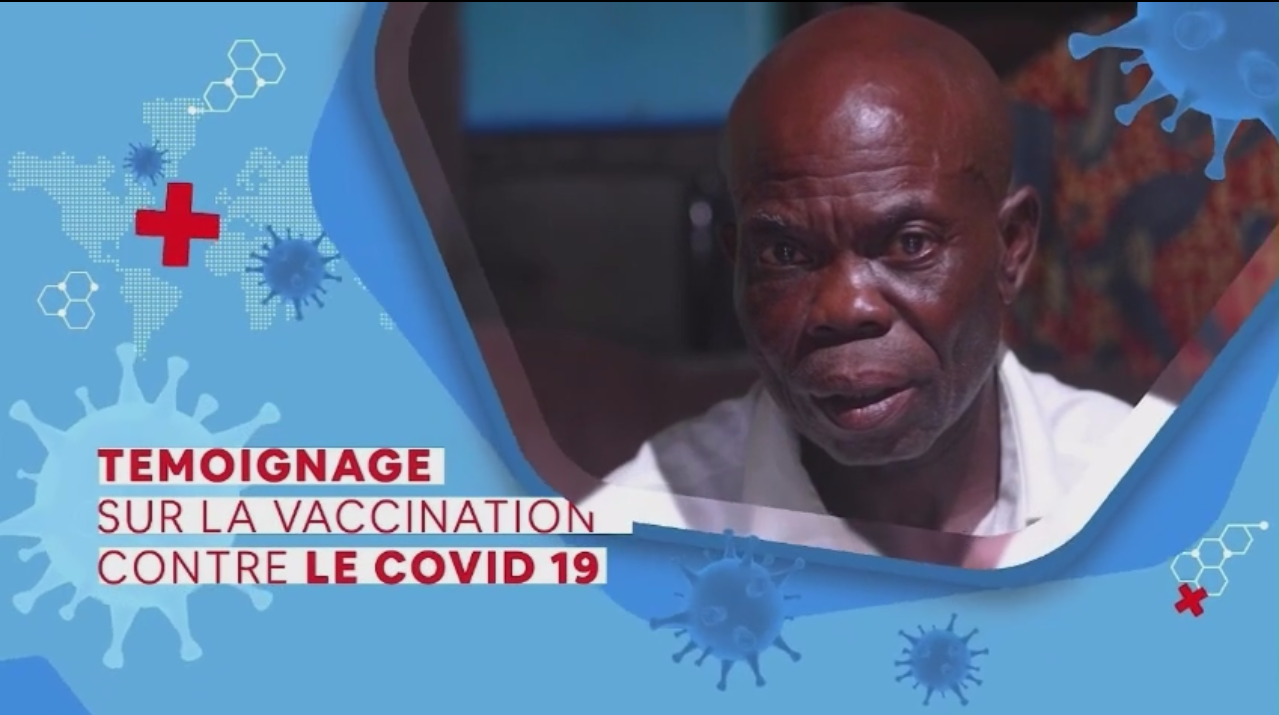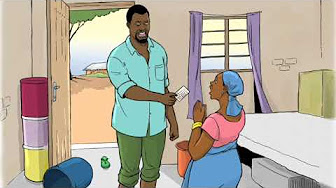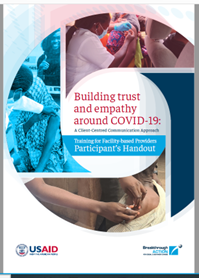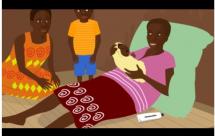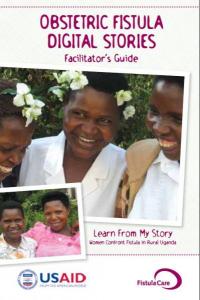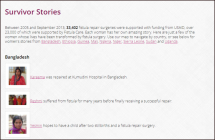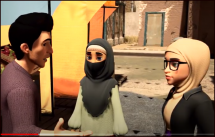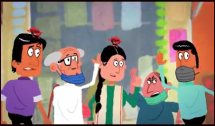Testimonial Promoting COVID-19 Vaccination for Young Women
A series of testimonials featuring everyday people encouraging others to get vaccinated against COVID-19 in Kinshasa. The concept is based on results of behavioral research showing that the best way to convince older women and men as well as younger women that the vaccines were safe was to share the experiences of “people like us” who stayed strong and healthy after getting vaccinated. This testimonial was intended for young women.
Source: FHI 360
Date of Publication: August 15, 2023

